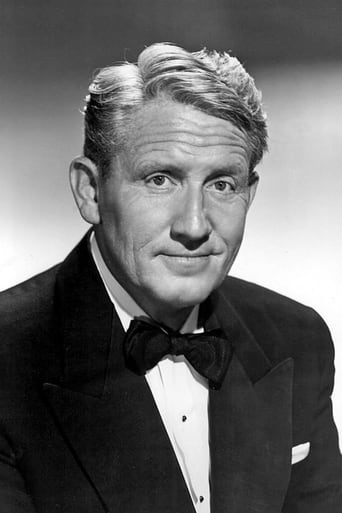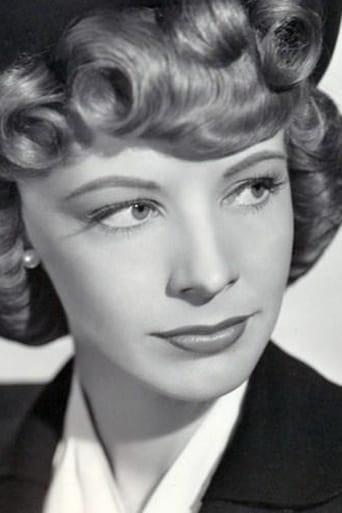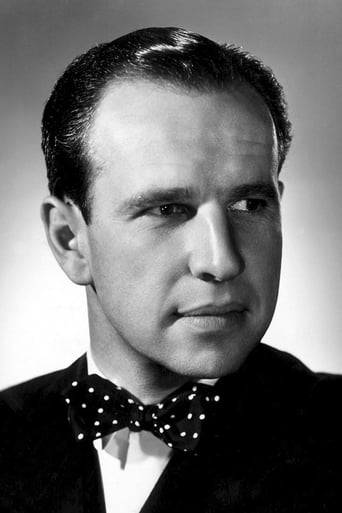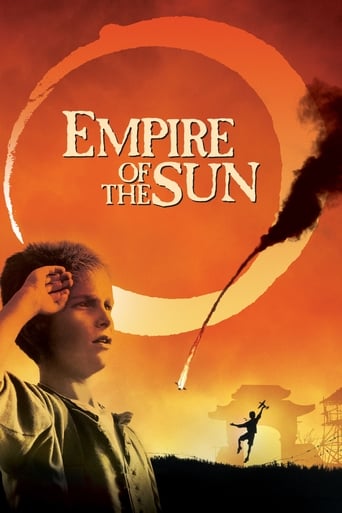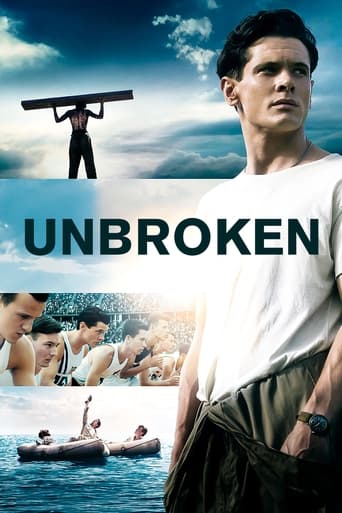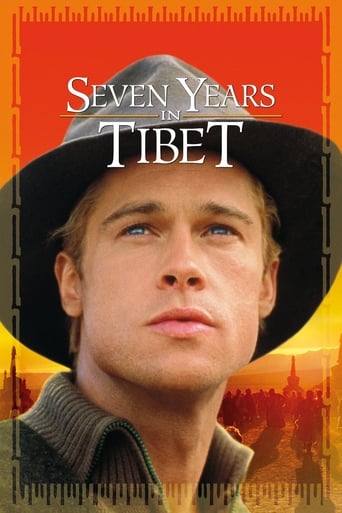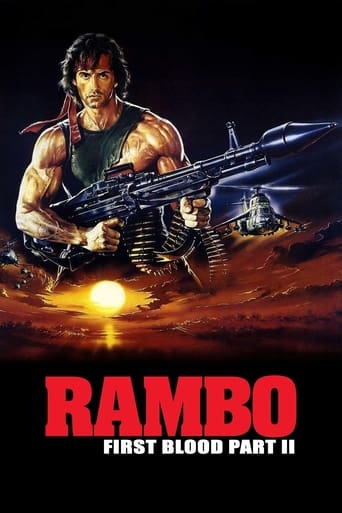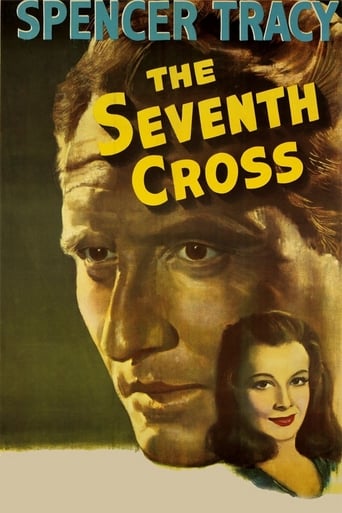
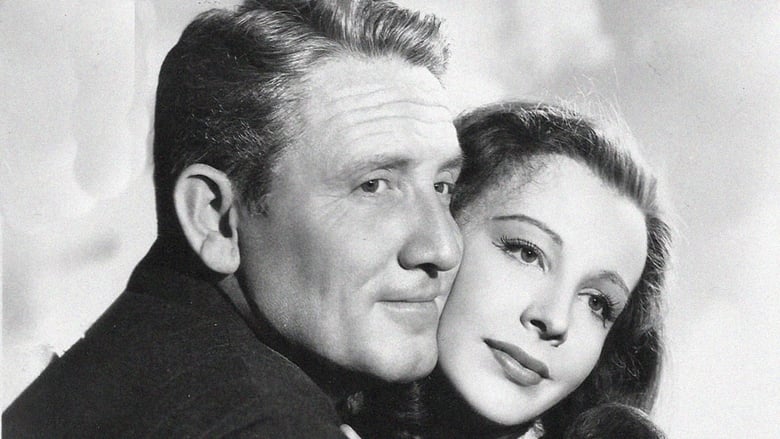
The Seventh Cross (1944)
In Nazi Germany in 1936 seven men escape from a concentration camp. The camp commander puts up seven crosses and, as the Gestapo returns each escapee he is put to death on a cross. The seventh cross is still empty as George Heisler seeks freedom in Holland.
Watch Trailer
Cast
Similar titles
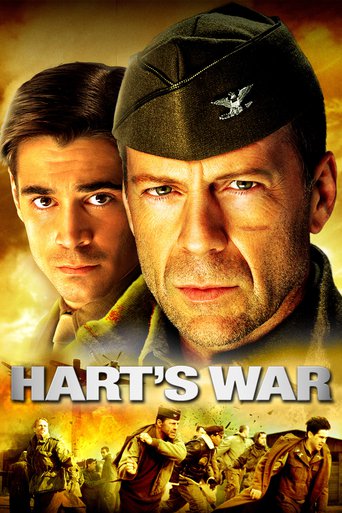
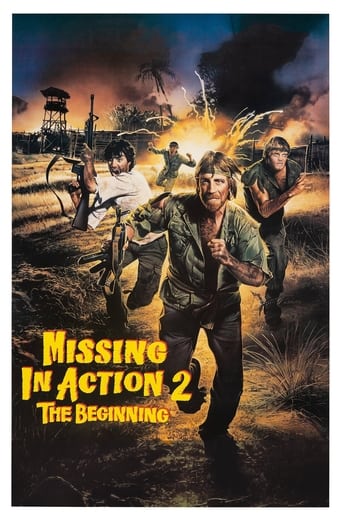
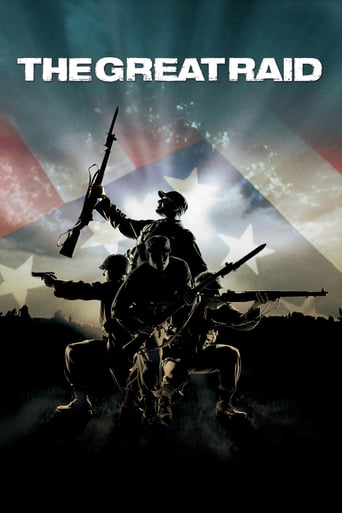
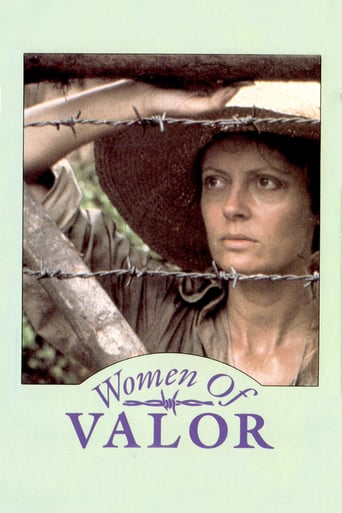

Reviews
I wanted to but couldn't!
It's not great by any means, but it's a pretty good movie that didn't leave me filled with regret for investing time in it.
It is not deep, but it is fun to watch. It does have a bit more of an edge to it than other similar films.
One of the film's great tricks is that, for a time, you think it will go down a rabbit hole of unrealistic glorification.
As I watched this rather dull, plodding film with its strange narration I began to have a sense of fright beginning to build up. The work-a-day folks, the villagers and laughing children-very home-like, very much like here. The occasional scenes of brutish Nazi's were not to terrifying as the everyday citizen's acceptance of the new order. The movie portrayed this so well in the almost blank faces of the extras as they witnessed people being taken away and that awful suicide from the rooftop. Watching this film made me realize that-yes-it could happen here. Kudos to those faceless extras that brought home the real atmosphere of such an awful time.
Spencer Tracy headlines a fine cast as George Heisler, an escapee from a Nazi concentration camp in 1936 who has to depend on help from old friends to make his escape successful, all the while not really knowing who he can trust and being actively sought out by the Gestapo. The sense of fear and paranoia that's developed by the movie is quite ominous. Like Heisler, as the viewer you can never really be sure who can be trusted. Nazi Germany is portrayed (accurately!) as a dangerous place, unsympathetic to anyone who might be even remotely opposed to the regime. There's a sense of hopelessness here right from the start. Heisler is one of seven escapees - six of whom are quickly recaptured. Heisler himself feels totally alone, unsure who to turn to for assistance. He finally connects with an old friend (Paul, played by Hume Cronyn - whose wife Liesel was played by Jessica Tandy.) Not knowing that Heisler is a fugitive, Paul and Liesel take him in, and as they slowly discover what's going on, they become his hope and his lifeline.There are some major weaknesses to this, unfortunately, which prevent it from being a first-class film. Tracy's role is unfortunately limited. The first half of the story especially is actually narrated more than acted - the narration being offered by one of Heisler's fellow escapees who died, and the movie implies is watching over Heisler as he tries to stay out of the Gestapo's clutches. The movie would have been well advised to have taken better advantage of Tracy's considerable acting talents. The addition of a romance (completely out of left field) between Heisler and a local waitress in the movie's last half hour seemed bizarre and totally out of place. Probably because of the sudden focus on the quasi-romance, Heisler's ultimate escape comes across as surprisingly (and disappointingly) easy and undramatic.Aside from the believable portrayal of the bleakness of life in Nazi Germany, the movie is probably most surprising for offering at the same time a rather hopeful portrayal - the point is repeatedly made that not all Germans are soulless Nazis, and there are many individual Germans who take great chances to help Heisler. That was a bit surprising to me, since the movie was made during the height of World War II (in 1944) and as a result one might have expected a more negative portrayal of Germans than was actually offered. This was a good movie - it could have been a great movie if not for the weaknesses I mentioned above.
This film has one of the most unusual styles of the day. In many ways, its narration by Ray Collins is very reminiscent of the narration by William Holden in SUNSET BOULEVARD. That's because like Holden, Collins is dead and gives the narration post-mortum! A strange plot device but very effective for this sort of film.THE SEVENTH CROSS is a propaganda film meant to solidify the people back home in the war effort against Nazi Germany. However, the film is set in 1936--three years before the war began. The film finds seven political prisoners escaping from a concentration camp. The whole "seven crosses" reference regards the Commandant's (George Zucco) pronouncement that each of the seven men will be tracked down and hung from these crosses in the courtyard of the prison until they are dead--as a lesson to all those who would dare to consider escaping.The main character of the film is Spencer Tracy. What makes this performance interesting is that he says almost nothing through much of the film. Collins narrates and things occur around Tracy, but he's so hollow and beaten by life in the camp that he just stares with a somewhat vacant look. As the film unfolds, his performance opens up as well--showing more and more of the familiar Tracy as he slowly recovers from the agonies of his confinement.The rest of the cast is quite impressive. Many exceptional character actors (such as Felix Bressart, Hume Cronyn and his wife Jessica Tandy, Agnes Moorehead) were gleaned from the MGM roster for the film. Additionally, if you look at the extended list of the cast, you'll see that it is huge---much, much larger than usual. It's obvious that the studio pulled out all the stops to make this a first-rate production.Overall, a very successful film because unlike some wartime films, this one is timeless and can be enjoyed and admired today because it is a very well made film--with a taut script and excellent acting. As I said, some wartime propaganda films don't work as well today because they are shrill and simplistic. This film has depth and has more to offer than usual.
"The Seventh Cross" (1944) directed by Fred Zinnemann is a free adaptation from a novel made eight years before about concentration camps in Germany, during the national socialism reign in 1936. It seems like a documentary now, as about a peaceful crowd that for instance observes a fugitive at the roofs as if it was an acrobatic meeting with a circus man, that takes the suicide as option or as concerning another who escapes and changes the suit in a local theater at town, just before enters in the net lace of friends under servitude.The sensation in which by night the main character of the tranquil fugitive is sight as an anodyne citizen inside the tramway and confounded for a while - it seems to him - with a pickpocket, it is of course the main impression of normality of the current life here, even though it is at the core of any society where common natural behavior it was the same, if it was not as there. There are in this movie an air of naturalism and even a visit to the headquarters of Gestapo in Berlin, as it was likewise a mere chance to the German people. To see Germany before its destruction by the war is one of the imaginative points of the Zinnemann conception in this adaptation from the novel, in which the thirties are retro imagined in the forties, before the end of the war. The way in which the fugitive of a concentration camp is helped are conditioned by circumstances out of any established rule, but by the convenience of the daily activity of a kind of circle of friends, occasionally concerned by the idea for putting someone near another town, as which it seems with a port by night where he is lodged during a while at a restaurant with rooms. The fact that the young maid was in love for him is mere chance for the protagonist of the scape, which was at the risk of failure by the pressure of the local authorities. In a kind of cat and rat gamble with traditionally oppression, that took the genre of smugglers and sailors before any departure abroad, whose sequence is shown with such a domestic darkness for those who think about that with discretion, if anyway it was forbidden without people support in these conditions of humankind and bravery.
